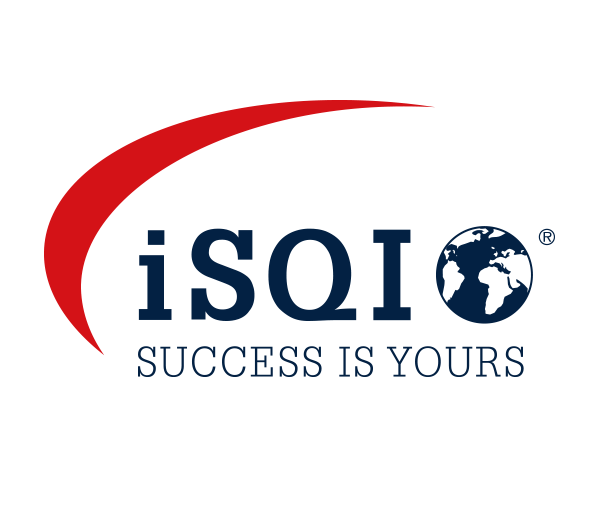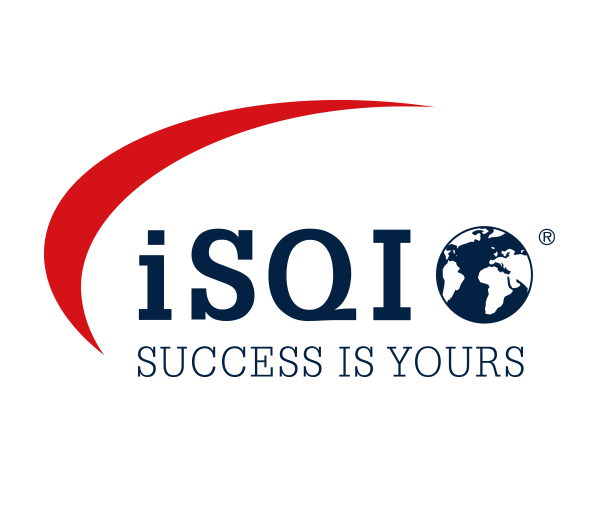Learn something decent then you take care of your life, that is a phrase parents like to use. To some extent the advice is good. However, what is something decent? Something that is considered a well-founded education today in 2019 can be outdated in two or three years. Digitization does not only bring along new but also constantly changing requirements. What should therefore be the focus, when it comes to the question of what to learn?
Let's take a look at the business world. What makes a company successful and what ensures this success over many years? If we had an answer to that question, we would not be sitting here in front of the screen but somewhere on a beach letting machines answer for us. There are countless assumptions, myriad tips and instructions on what constitutes success and how to achieve it. In fact, we do not have an answer to that question. Just a few facts and clues. They indicate: There is a direct link between the growth of a company and the skills that its employees bring to the table. Many things about success are coincidental. However, if people come together, work well together, that usually works. The success of a company depends on the knowledge of the people.
Unfortunately, it is not enough to simply gather experts. Only technical knowledge is not enough especially in the digital world. The opposite is true: The further the digitization progresses the more companies are looking for certain soft skills. The business network LinkedIn has surveyed which rarely found skills bosses around the world are desperately looking for und which skills they see the biggest potential in to better serve their clients. It turns out it is exactly those skills that cannot be provided by robots. Not even if they are equipped with artificial intelligence. For many years, companies have been working with Design Thinking. Only now does it become apparent that Design Thinking scores as a holistic approach on almost all levels of the business world.
Is Design Thinking a secret recipe?
Secret probably not, but definitely a recipe. Once you have read the next paragraph, you will notice that Design Thinking is a way to, first, drive transformation within the business, stay innovative, and stay up-to-date. It also becomes clear that Design Thinking teaches you to learn soft skills.
You should adopt these 5 soft skills:
Creativity
Machines may automatically produce pretty things. But they are not creative. For example, they cannot design concepts. They can only find solutions if you tell them how. Being creative means inventing something new. Creative is furthermore also about discarding and thinking outside the box. Machines cannot do that. People can do that. For example, people can make a mistake and then use the mistake to produce completely innovative things.
Persuasion
Convincing needs arguments! Is that enough? Probably not in most cases. Good arguments for a good product must be communicated well. Because if it is not understandable, nobody listens, if no one recognizes nobody knows. Products that are not well explained will not be bought. That means the ability to convince someone will be a central feature of successful business models as supply and complexity grow.
Cooperation
Together you are stronger. Updated, the old wisdom would sound like this: Together we are more creative, faster, and more effective. If the solutions are complex, one alone will usually fail. For the reason that they alone know too little, keep track of too little. Therefore, cooperation, working as a network is an existential necessity for companies that want to be successful. Employees who do not master networking will have a hard time in the future.
Adaptability
Adapting does not mean being a follower. Adapting is supposed to be dynamical. If you have an adaptable mind, you can adapt to new working environments. You can be flexible and have the ability to change. This is very helpful if solutions from today are no longer working tomorrow.
Time management
Everyone needs time. Working effectively is a goody for every employer. However, the significance of time management will become more important in the future. The faster innovations come, the faster companies should be able to react. Time management will also change in terms of work-life balance.
Soft skills as a driving force for the company
Why is creativity so valuable? Why should professionals communicate? Why should experts join in every innovation and constantly change routines? Does an engineer have to be really convincing in his argument?This can be answered with practical reason. Individuals who can talk to other people, who are empathetic, will be more successful in a team, if only because it is easier to work with them. If communicative people are in contact with customers, they will be able to engage very well with the customer. These two aspects alone are extremely important for a functioning working environment. People, who can organize well, work goal-oriented, on time, with little loss. When people with different soft skills work together, they benefit from each other. They are more successful than the same number of people working individually and combining their results.Some may say that emotional skills cannot be learned. You either are empathetic or not. You either are creative or not. Being communicative, well that is a matter of character. No. That is wrong. Design Thinking is controlled, comprehensible creativity. It is a mindset, an attitude of mind and it can be learned. Everyone can be creative and innovation is plannable. That is the revolutionary message of Design Thinking.
The car manufacturer Henry Ford said: "I had asked people what they wanted, they would have said faster horses."
We can learn innovation
Design Thinking is a program. When we practice Design Thinking, we do so in an organized and structured manner. We have a portfolio of methods and strategies that ultimately result in innovations. Those can be products, services, apps, simplifications, new processes. Whatever it is you want to invent. Design Thinking is not a work instruction. Nobody says you have to do this and that, flip that switch and pull that lever. Design Thinking is not linear; it is not like working through a list. In fact, it is trying to change perspectives. You take the user’s perspective, try out the prototype and discard it if it does not work. That is the principle of quick failure. We do not have to deliver a Mercedes when there is only need for a bike. Sometimes twenty percent of a solution is better than to try to get it a hundred percent right.
To know what is needed, we need to talk to the user, our customers. This does not mean that we should ask what customers want and just implement it. Often the customers themselves do not know what they need exactly. In dialogue and by brainstorming we find out what is needed. The development of new products that involve the customer is far more successful than inventions based on assumptions. If we have an approach to a solution, that does not mean that customers will accept it. Customers should like using solutions; they should appeal to them and they should use them. Only then will they spend money on them. That all sounds very reasonable, and it is and much of it is self-explanatory. Not everything but a lot of it. The art is to reconsider things radically. Avoid all explanatory models: Think outside the box. Design Thinking helps break old processes. It is necessary. Although it is exhausting. Here we have compiled the key steps that are included in most Design Thinking processes.










